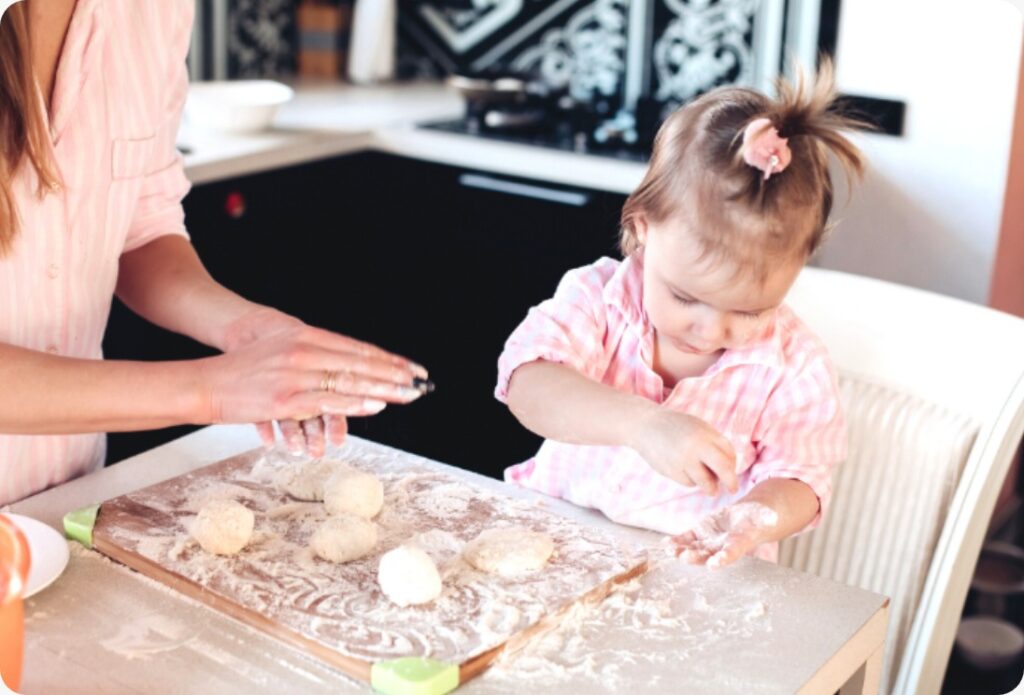You are not alone.
Raising Resilient children is the only way we can ensure they can cope with real-life challenges with their best of abilities.
“LIFE IS NOT ABOUT HOW FAST YOU RUN OR HOW HIGH YOU CLIMB HOW WELL YOU BOUNCE“
According to Karen Young, Children have different levels of resilience and different ways of responding to and recovering from stressful times. They also have different ways of showing when the demands that are being put upon them outweigh their capacity to cope.
They might become emotional, they might withdraw, or they might become defiant, angry or resentful. Of course, even the most resilient of warriors have days where it all gets too much, but low resilience will likely drive certain patterns of behaviour more often. (heysigmund.com)
There are many lessons that we want to impart to our children; even a lifetime would seem insufficient. However, one of the single most important qualities that you may want to nurture in your child is – Resilience.
Facing difficult situations are an unavoidable part of life. No matter how much you wish that your child never faces them, challenges are inevitable. So, instead of wallowing in worry, why not help them develop their coping mechanisms and make them super resilient.
Why is Resilience so Important?
Heather S. Lonczak, Ph.D. says If there’s one thing we can always be sure of, it’s that adversity is inevitable. Moreover, while every generation has had its own unique challenges; it also can be argued that the demands, anxieties, and pressures faced by young people today present an exceptional challenge to healthy development.
But here’s the good news:
When bad things happen, there is something we can control our response. Individuals can either crumble or, as Dr. Gregg Steinberg describes in his Ted Talk, they can “’fall up’ by using their “painful experience as a chisel to free their authentic self, to become the person they’re meant to be” (Steinberg, 2015).
Fortunately, there are a number of invaluable psychosocial and environmental qualities that safeguard against or minimize the impact of serious issues on young people today.
Because resilient children have the emotional buoyancy to thrive in the face of adversity, the concept of resilience is of paramount importance to parents, practitioners, and teachers for whom positive youth development is a priority. Source: (positivepsychology.com)
Developing your child’s coping skills will help them work their way through stress, worries and have a strong ability to bounce back from difficulties.
So, here are 4 interesting ways raise resilient children and teach them to deal with challenges that life may throw at them.
1. Be mindful of what you encourage
Are you encouraging healthy habits or unintentionally fuelling their unhappy practices? Happy habits like asking for help, saying sorry and staying calm are the options that your child seeks instead of blaming others and throwing excessive tantrums.
For this to happen, introduce them to ways of asking help. Let them know that there is nothing to feel embarrassed or weak when they ask for help. Building their resilience doesn’t mean they got to toughen up and stop being vulnerable.
2. Set intentional fun challenges for your kids
From time to time, set some fun activities but challenging in nature for your kids. For example, get them to do daily simple tasks for 15-30 mins with their non-dominant hand.
This will strengthen their neural connections, force them to look at things in a new way making them more aware and conscious as they have fun exploring it.
3. Bring in healthy ways to help them channelise their feelings every day
Help them identify feelings and bring them up in daily conversations. Resilience building is an everyday activity. Check-in regularly with your child on what happened during the day, and is there any concern that she would like to share.
Make this a routine and a normal bonding activity. When kids learn to voice their feelings without feeling judged, they won’t suppress it. And with this, they will seek for a solution and will be ready to face it head-on.
4. Find your child’s trigger points
Every child has a trigger point. These trigger points are often related to unaddressed feelings or could be a result of the suppression of feelings. In order to build their resilience, observe situations that are toughest for your child.
Later, instead of changing these situations, note the activities that calm them down naturally, suggest to these during such times. Over time, your kids will turn to these coping mechanisms on their own. You make them self-reliant by helping them anchor in happy, healthy, calming activities.
Sometimes you may feel that your child’s challenges are so trivial. But for them, they are really big in their mind.
So, please do not belittle them about how they feel. Work with them and help them discover their healthy coping strategies. And in doing so you will raise mentally healthy and resilient adults.






